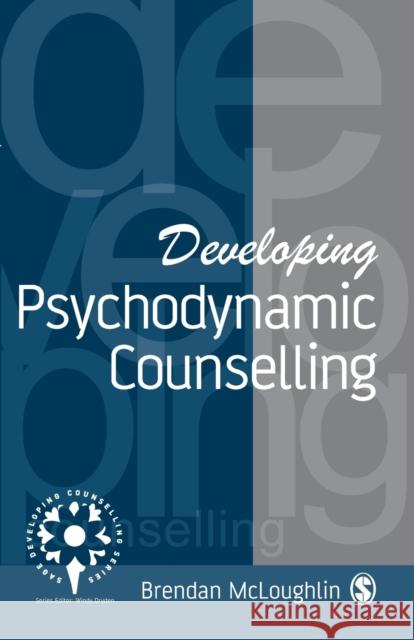Developing Psychodynamic Counselling » książka
Developing Psychodynamic Counselling
ISBN-13: 9780803989801 / Angielski / Miękka / 1995 / 144 str.
Developing Psychodynamic Counselling
ISBN-13: 9780803989801 / Angielski / Miękka / 1995 / 144 str.
(netto: 202,49 VAT: 5%)
Najniższa cena z 30 dni: 191,37 zł
ok. 22 dni roboczych.
Darmowa dostawa!
'This book deals with many aspects of psychodynamic counselling from the minutiae of the extrinsic context, such as decor, through the "therapeutic stance of attentive reserve" on to an elaboration of the elements of a therapeutic relationship...the book is liberally garnished with case studies...informative and thought-provoking...a useful resource to those teaching psychodynamic principles...If you are new to psychodynamic work, this book could be a safe and helpful guide...The ideas and techniques offered by the author may also prove intriguing and even inspiring to those (like me) from a different therapeutic orientation' - The International Journal of Social Psychiatry Psychodynamic counselling has developed from the psychoanalytic tradition inaugurated by Freud. At its core is a belief in the role of the unconscious in the development of conflict and disturbance, which may be resolved through the careful unfolding of the therapeutic relationship via the transference/counter-transference dynamic and within a defined setting. Integrating theory and context, this book explores the opportunities for counsellors to develop their own practice of psychodynamic counselling. The author encourages readers to look carefully at the way they work and to think about strategies to improve their skills in a specialized form of relating. He examines areas crucial to the psychodynamic approach, including internal and external settings, working with issues around boundaries, and transference and counter-transference.











